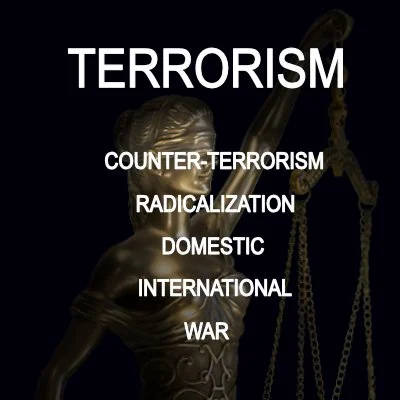Financing patterns and networks of violence-oriented right-wing extremist actors in Germany
By Alexander Ritzmann, Dr Hans-Jakob Schindler, Dr Thorsten Hindrichs, Maximilian Kreter
The financial structures of violent right-wing extremist organisations and actors in Germany are broad and multifaceted. Currently, there is a lack of up-to-date and in-depth analyses of the various financial strategies employed by these groups and individuals as well as their different sources of income. It seems like the “follow the money” approach, which has been successfully deployed against organised crime and in the prevention and fight against Islamist extremism and terrorism, has not been adopted with regard to violent right-wing extremism. A part of the violent right-wing extremist milieu, in particular those actors that are closely integrated into wider transnational networks, seem to have professionalised their financial strategies. Interestingly, a superficial analysis of publicly available data concerning the business models and legal formats chosen by violent right-wing extremist entrepreneurs may give the impression that a discernible strategy is absent. However, it is important to note that large segments of the violent right-wing extremist milieu, especially those that are transnationally linked, are highly networked with discernible structures connecting the various nodes. Deploying the “Administrative Approach”, developed by the European Union to fight organised crime, could be an effective tool in the fight against right-wing extremist organised crime. This methodology targets the interface between illegal and supposedly legal activities and income of criminal actors and networks. For example, local authorities could carry out coordinated tax audits as well as controls concerning the adherence with building codes and fire protection regulations targeting companies and businesses of right-wing extremist entrepreneurs that are directly linked to convicted felons who are part of the same ideological network. The study identified 38 relevant business entities in Germany that are involved in the production and dissemination of violent right-wing extremist music. Interestingly, although the overall music market in Germany is characterised by high levels of competition, this subsegment does not seem to display economic or ideological conflicts and functions in a cooperative manner, with various stakeholders linked to each other. Right-wing rock concerts are both lifestyle events as well as marketplaces and function as central networking hubs of the overall movement. Therefore, a clear distinction between the social networks of the right-wing rock music scene and those of the violent right-wing extremist scene can only be made in a very abstract sense. Due to the intricate and opaque business relationships on both the national and transnational levels of the (legal) German right-wing rock music market, it is of utmost importance to further investigate the key stakeholders within this milieu. These actors should be conceptualised not as individual economic entities or individual perpetrators but as representatives of the right-wing terrorist networks that operate in the background. Extremist right-wing rock music can be a profitable business in Germany due to the increasing professionalisation of production, dissemination and event management. These financial structures will continue to thrive so long as they are led by professional entrepreneurs who are not effectively confronted by government authorities.
New York, Berlin, London: 2021. 41p.


